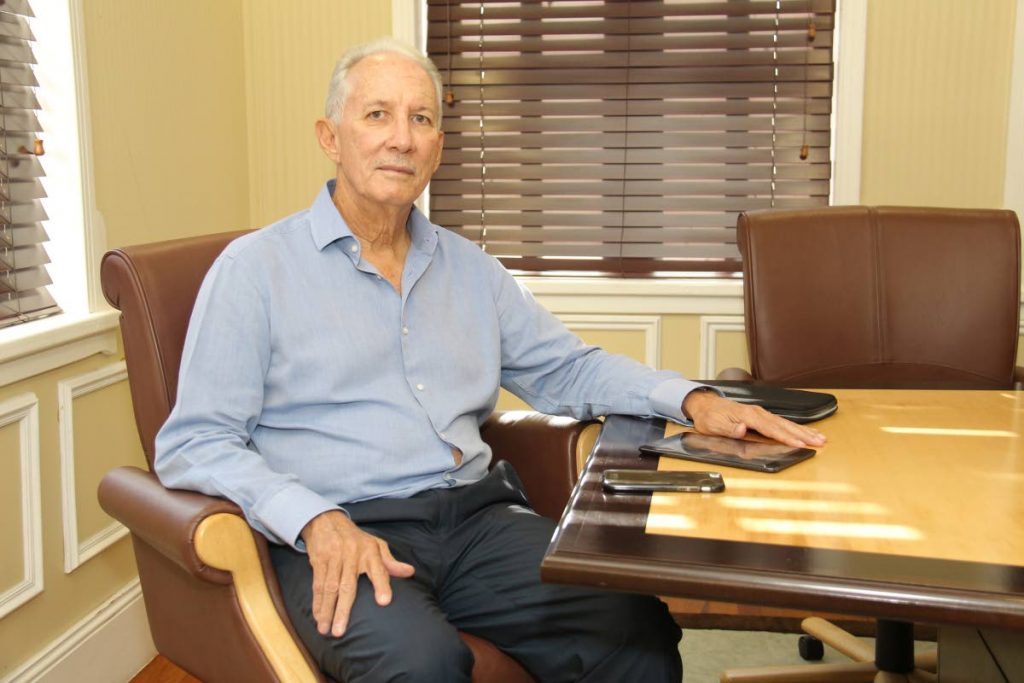Espinet calls for less interference in Petrotrin

GOVERNMENTAL interference coupled with “bad” capital investments have been identified by Petrotrin chairman Wilfred Espinet as a stranglehold on the state-owned oil company.
Addressing an economic seminar hosted by several business chambers at the Couva/Point Lisas chamber auditorium, Camden Road, Couva yesterday, he said the company’s board of directors was seeking to lessen the amount of interference taking place.
He said Petrotrin must be allowed to exist as a commercial entity in a commercial environment.
“Petrotrin is now in a situation where bad choices that were made in the past, for the wrong reasons, had created a stranglehold on the company because of bad capital-expenditure choices. We have spent billions of dollars on capital projects which have not produced revenue, and the company’s cost structure has become unwieldy, unacceptable – but it is a microcosm of the entire society,” he said.
“And we as a board are now faced with how do we get all of the stakeholders to understand...that Petrotrin is, if it is to survive, it has to be a commercial entity operating in a commercial environment,” he said.
He said the board was still trying to determine Petrotrin’s assets and the capabilities of those assets, saying several may not be economically viable.
“We are therefore are in the process of trying to design purpose-built organisations which are structured specifically around the productive activities of Petrotrin,” he said. “Petrotrin, over the years, created a superstructure of services that are absolutely unnecessary and cannot be retained in today’s enterprise. We have got to now change back Petrotrin whereby they are now generating wealth.
He said everyone had been saying the way to do this was to cut the cost of manpower.
“Manpower costs in Petrotrin are extraordinarily high for sure,” he admitted, but said that was not the only cost that was high in Petrotrin.
“We have also been having conversations with all of our stakeholders, we have had conversations with our suppliers and we have been looking at ways and means whereby Petrotrin could become more competitive.”
He said any restructuring would not take place in a “short period of time,” and that this required patience and commitment on the part of all stakeholders.
“The most vocal group is the union, but we have the major stakeholders in the government, and the government, like the union, has a history of operating in an environment where they have had a big say in Petrotrin.
“We are trying to discourage that practice and let Petrotrin operate on the basis of being a company where the board of directors would exercise the necessary disciplines in the company and they would determine the direction in which it goes.
“The fact is, the State has become too all-encroaching in a lot of activities and it has crowded out a lot of people.”
He said such interference had been “the single most destructive part of the process.”
As a result, he said, “Changing Petrotrin today is going to be a very fragile exercise unless we get a commitment from all parties to try and keep it from interference.”
He also questioned whether Petrotrin was a major contributor to the nation’s foreign-exchange reserves, saying the country only produced 40,000 barrels of oil, while the refinery’s production output was 175,000 barrels.
Petrotrin, he warned, had to become a “slimmer” organisation if it is to survive the present difficulties.


Comments
"Espinet calls for less interference in Petrotrin"